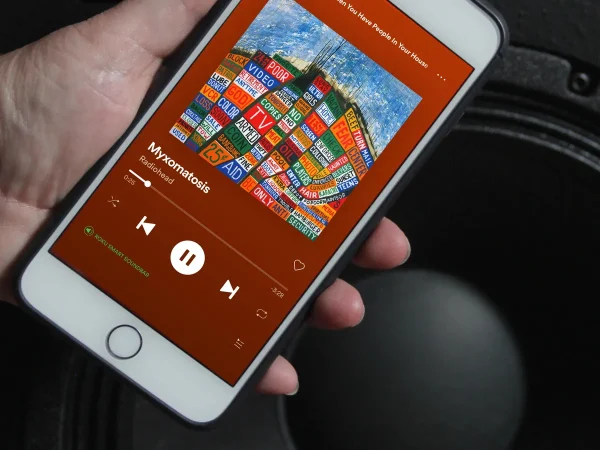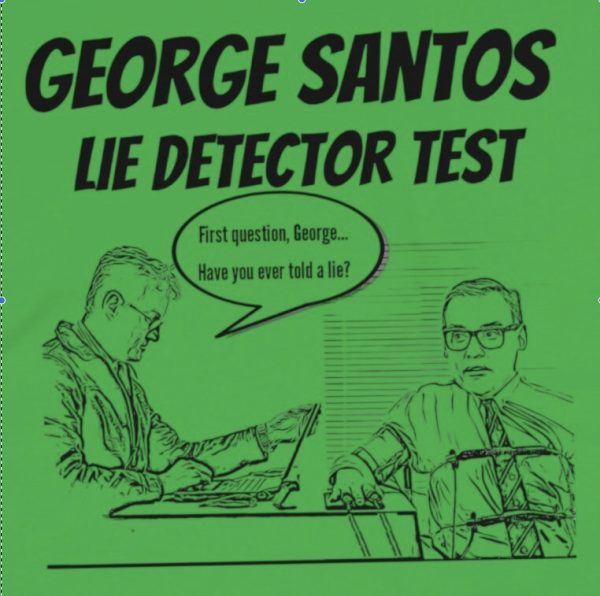The Interview
The assassination comedy entitled The Interview, mocking North Korean leader Kim Jong Un, has garnered much attention due to the release of the movie. In response to menacing threats from the North Korean regime, politicians urged Sony Pictures Entertainment to not back down in the face of these threats. With this, Sony decided to delay the movie’s release which initially on Christmas Day.
Republican Representative Ed Royce, chairman of the House Foreign Affairs Committee, called for the U.S to rally the international community and severely sanction North Korea for initiating the cyber war, in return to the North Korean regime referring to the comedy as “terrorism and a war action.” President Obama also welcomed Sony to release the movie on Christmas Day, despite the serious threats. White House spokesman Eric Schultz said, “As the president made clear, we are a country that believes in free speech, and the right of artistic expression…people should make their own choices about the film, and we welcome that outcome.” The controversial film was shown in some U.S theaters and is available online, with several other independent theaters stepping forward and offering to screen it.
In his statement about the release of The Interview, Sony Pictures CEO Michael Lynton mentioned, “No doubt the issues we have confronted these last few weeks will not end with this release, but we are gratified to have stood together.” If the reception of the Interview is any indication, Sony Pictures is in major trouble.
Personally, I am against Sony’s decision to not withdraw the release of the comedy. I very well understand that The Interview is only a movie, and is not meant to escalate political matters between the U.S. and North Korea. However, because we live in a country that recognizes the right of free speech and expression does not mean that free speech grants a reprieve from the consequences of the decision made. This is the very reason that movies often portray fictional characters or leaders who are no longer in power. Dan Sterling, screenwriter of Interview, said, “Invoking Kim [instead of a fictional or off-screen version] would make it so much more exciting, provocative and funny.” That may be the case for several Americans, but clearly, North Korea would not perceive the move as a “joke.”
The first amendment is definitely a reason to make the comedy in the first place, but it does not pardon the consequences that result from the decision to release the movie. The bomb threats received can be interpreted as a threat to all American corporations, businesses and individuals. Even though the perceived risk of a threat is very different than an actual attack, the production of the movie is still definitely a dangerous precedent to set.









